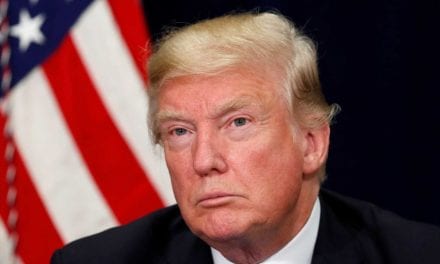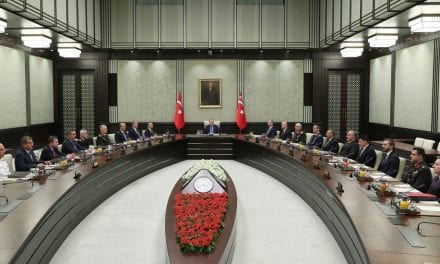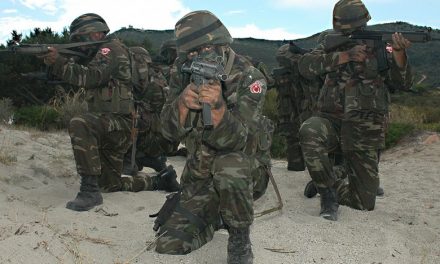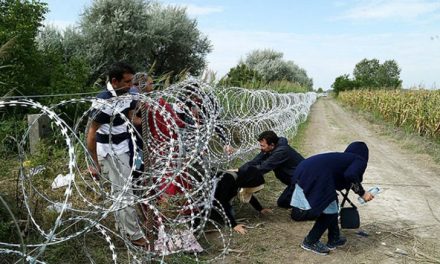Syrian tanks have entered the restive central city of Hama, residents said, raising fears of another crackdown after the biggest day of protests yet in the uprising against President Bashar al-Assad’s regime.
Locals in Hama said the armour arrived late Saturday after a funeral procession tens of thousands strong for what human rights activists claimed were at least 65 people killed during the latest demonstrations in the 11-week old revolt.
Similar deployments have foreshadowed lethal clampdowns in other cities in Syria, where more than 1,200 people are thought to have died.
The tanks rolled to the outskirts of Hama late Saturday, the Associated Press reported, quoting one witness as saying dozens had reached the city’s southern side. The armour came to town hours after tens of thousands of people emerged from mosques carrying coffins of dead protesters and made for the city’s main cemeteries chanting “our souls, our blood we sacrifice to you martyr,” the agency said.
Previous shows of Syrian armed force strength have presaged offensives in areas such as the coastal city of Banias, the central town of Rastan and the southern city of Deraa, cradle of the an uprising that began as a call for reform but has metamorphosed during the violence into a movement to end the Assad family’s four-decade hegemony.
Hama was the site of a 1982 crackdown by Hafez al-Assad, Bashar’s father, that killed thousands of people.
The latest day of anti-regime protests on Friday was one of the bloodiest yet, with at least 70 deaths confirmed – most of them in Hama – rights activists quoted by Reuters said. Hama residents and activists said that security forces and snipers fired at demonstrators, the agency reported.
Syria’s government has called the protests an armed insurrection driven in part by religious extremists. Activists acknowledge a small number of demonstrators may be armed, but they say the overwhelming majority of the violence comes from a regime widely seen as one of the region’s most repressive.
Syria is one of the Middle East’s most strategically important countries, with any regime change likely to have big consequences for countries ranging from Israel to Iran.
Mr Assad has showed few signs of pulling back from the violent suppression of the protests against him, despite heavy criticism from western powers and the introduction of limited international sanctions against his regime.



















